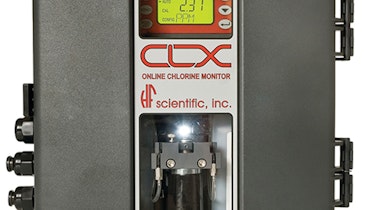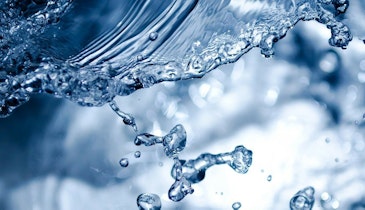The Southwest Water Campus — a coalition of water companies and utilities — is being awarded a $250,000 grant to promote beer made from reclaimed wastewater.
The group includes Tucson Water, the town of Marana, the University of Arizona, Carollo Engineers, CH2M, Clean Water...
News Briefs: Wastewater Beer Gets a Boost in Arizona
In this week's water and wastewater news, a coalition of water companies is awarded $250,000 to promote wastewater beer; controversy surrounds a New Jersey plan to sell water to New York residents; engineers create a process to turn brewery wastewater into batteries; D.C. lawmakers propose a ban on flushable wipes; and water groups are lobbying Congress to invest in infrastructure.
Popular Stories
Discussion
Comments on this site are submitted by users and are not endorsed by nor do they reflect the views or opinions of COLE Publishing, Inc. Comments are moderated before being posted.





